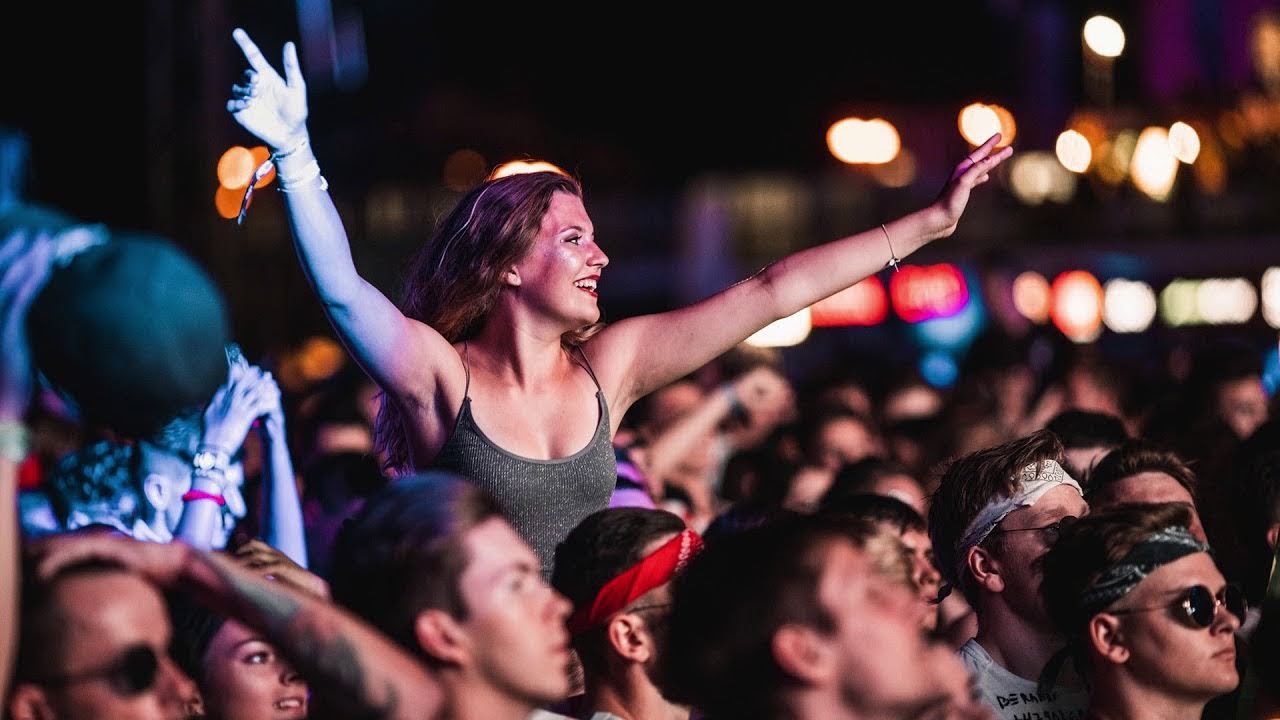
Jamaica Bans Music And TV Deemed To Glorify Criminal Activity
Jamaica’s broadcasting regulator has banned music and TV broadcasts deemed to glorify or promote criminal activity.
The Jamaican broadcasting watchdog has outlawed music and TV shows that deems to glorify or support crime, violence, drug use, con games, and weaponry.
The government has said the ban is meant to cut back on material that “could give the wrong impression that criminality is an accepted feature of Jamaican culture and society”.
Some Jamaican artists criticized the law, claiming it won’t do much to reduce crime and will exclude the populations affected by increased gun violence from the discourse.
“Art imitates life, and the music is coming from what is happening in Jamaica for real,” said Stephen McGregor, a Jamaican Grammy award-winning music producer, and singer. “But because it doesn’t fit the moral mold of what they would like it to look like, they try to hamper it.”
Authorities in the Caribbean island tried to reduce the high levels of gun violence before enacting the ban. According to the research center Insight Crime, Jamaica had the highest murder rate in Latin America and the Caribbean in 2021.
The Broadcasting Commission of Jamaica said that such music or video on public broadcasts “normalize criminality among vulnerable and impressionable youth.”
The directive also said that channels should avoid “urban slang” that has anything to do with making money, wire transfers, acquiring wealth, or a lavish lifestyle. It cited specific words and phrases like: “jungle justice”, “bank/foreign account”, “food”, “wallet”, “purse”, “burner phone” and “client”.
Artists like McGregor, also known as Di GENIUS in the music industry, disagreed, claiming that the ban violated his right to free speech and that the Jamaican government would be better served by focusing on issues like the nation’s economic situation, which has been exacerbated by the pandemic.
The broadcasting commission declined to comment on criticisms of the restriction and provided no information regarding the repercussions of a breach. The commission requested reports of any alleged violations from the public.
Such prohibitions have previously been enacted in Jamaica, including one in 2009. McGregor claimed that despite repeated attempts to ban his music from the country’s airwaves due to references to sex and firearms, the bans never actually stuck.
Other Jamaican musicians like Rvssian, NotNice, and Romeich have all denounced the command on social media.
Many argued that such a policy wouldn’t have much of an actual impact on violence, particularly given that the majority of young people’s media consumption is done through streaming services like Spotify or YouTube.
McGregor said it was a way to scapegoat artists for larger state failures to address endemic problems and discontent.
“People are not going to be creating happy, feelgood ‘one love, one heart’ music in those circumstances,” McGregor said. “You can’t force the creatives to paint a picture that’s not really in front of us.”

